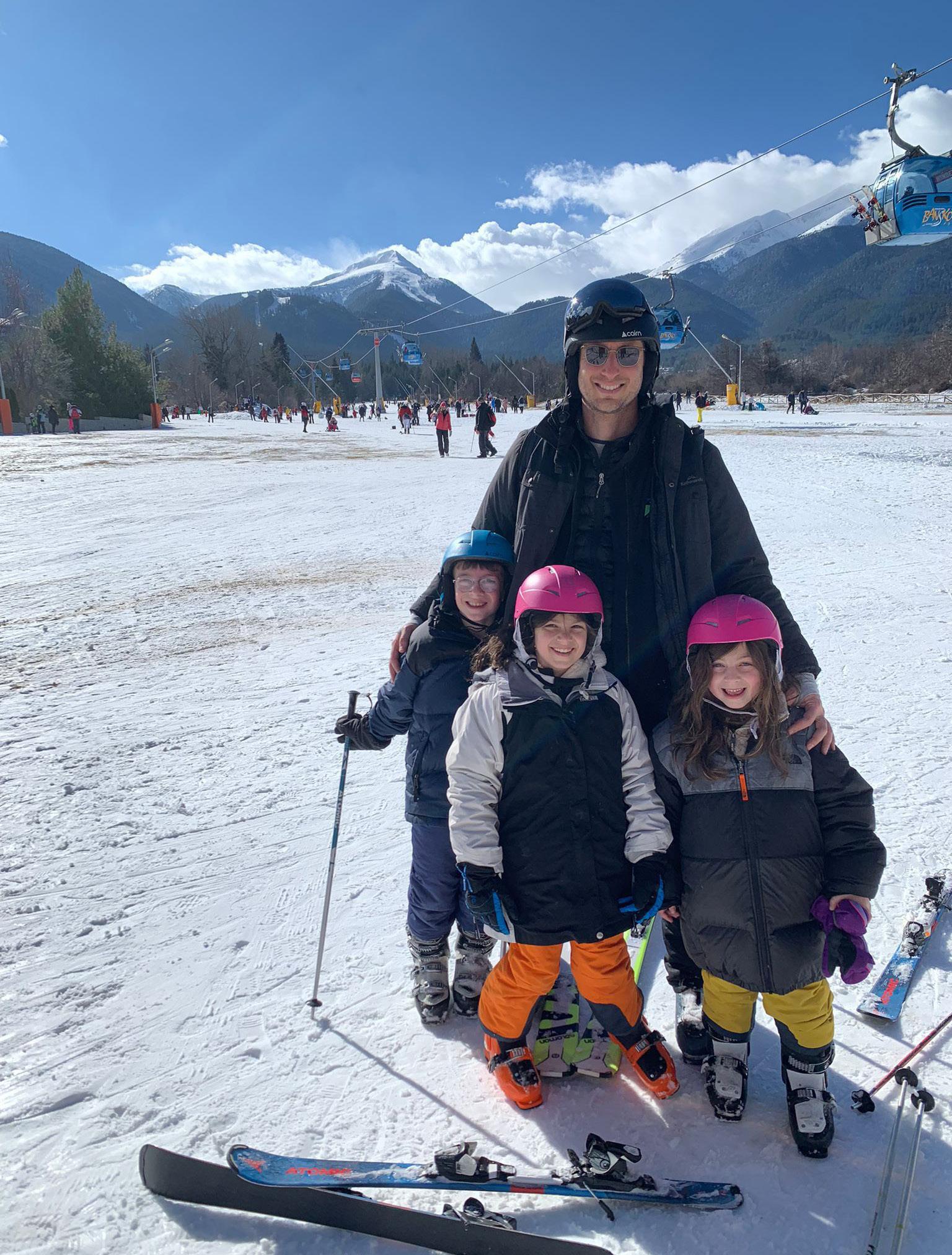
2 minute read
Adding to the experience of going back to school
BY RABBI DR BENJI LEVY
I recently took my children skiing for the first time. No matter how much I told them about it before, they only really learned when they put on the gear, clipped in their boots and slid down the slopes. Seeing them gain the confidence and go on their own was very special. We all have these moments with our kids. For some, moving from training wheels to a “big kid” bike is a proud milestone, an achievement of great weight for both the child and their parents. But, here again, not one of these children, nor the adult who taught them, would be able to aptly articulate exactly how they performed this action.
Modern psychology explores the notion of memory, using three distinct terms – semantic, episodic and procedural – to differentiate between the way in which we process and remember various learning experiences.
These different types of memory combine to store our experiences and aid us in drawing on prior knowledge to both navigate our way and provide a sense of familiarity when repeating an action. While it is a simple task to recall a specific event or fact, the element that distinguishes the system of procedural memory from the other two cognitive structures is that when trying to recall how to perform something an explanation is always lacking the essence of experience. For example, in trying to describe skiing or riding a bike one would unquestionably leave out subconscious processes and small details that can only be experienced for oneself. So often we hear of links between influential scientific discoveries and Torah knowledge, and one such example is that of the Behaviourist Theory. Learning is not always a conscious process and is acquired through behaviour.
An interesting parallel can be drawn to the famous proclamation of our ancestors, “Naa’se v’nishma” – loosely translated as “we will do [and then] understand” (Exodus 24:6) – at Mt Sinai. Both science and our Torah call for us to teach our children through experience, to acknowledge that one simply cannot appreciate or grasp the quintessential nature of an experience without undertaking the actions for themselves.
In viewing the theory of these pioneers alongside the immortal promise of our ancestors, the importance of experiential education as a tool to monitor and develop our own actions becomes clear. It is an integral way of maximising our children’s growth and of revitalising our own understanding of the source of our values and actions, allowing us to learn positively and constructively from our own experiences. School provides opportunities to learn formally and through experience, but the emphasis is generally placed on the former. In the home, the order is switched and so, as children have just gone back to school, consider how you are ensuring that the hope allows for experiences that complement their formal learning and develop a wisdom that will shape the lives they experience.








